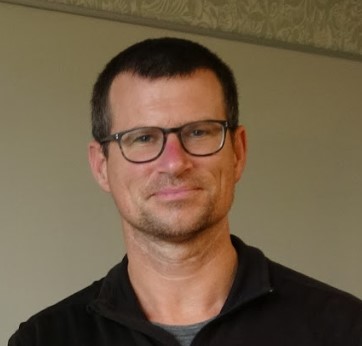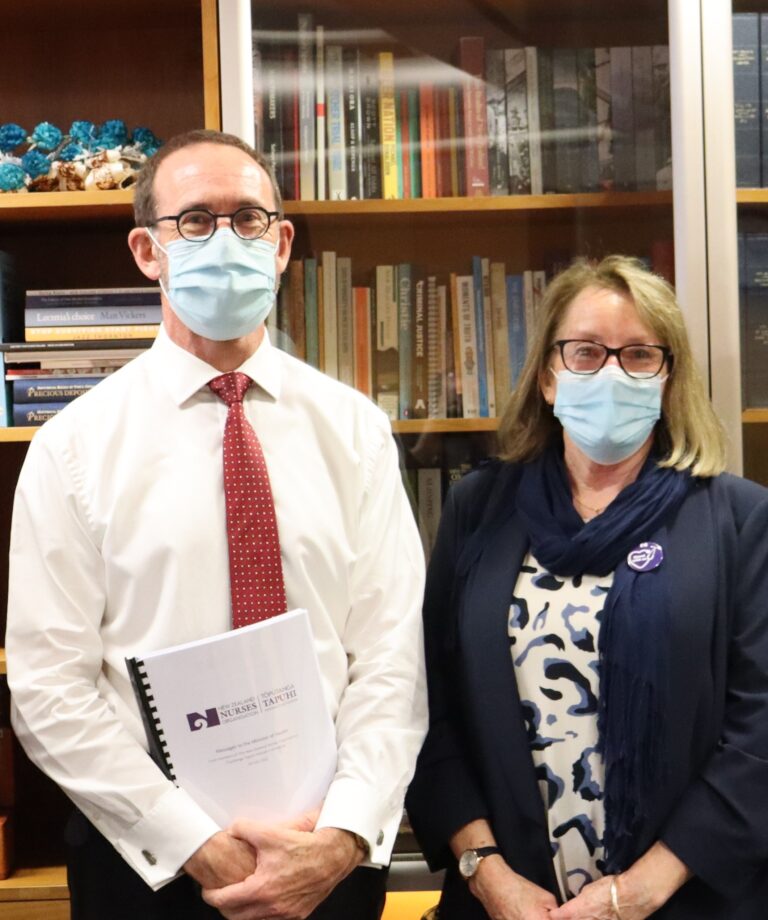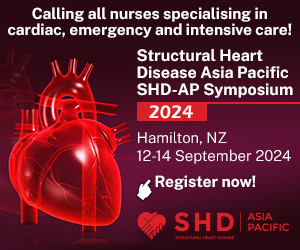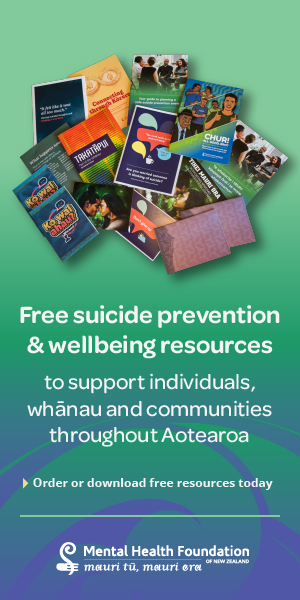‘I have worked in the emergency department for the last 26 years. I have watched successive governments underfund and lack any sort of forethought or future planning for our health service.’
‘I strongly suggest that the minister does a hands on in one busy hospital so he can see first hand the imploding crisis in health.’
‘I can’t keep doing this and neither can my colleagues. Morale is at an all time low and has been the reason for our most recent resignations – they aren’t leaving for other jobs – they are leaving nursing.’
More than 2700 NZNO members in 48 hours have responded to comments from Minister of Health Andrew Little that the health system is coping.
NZNO invited members to respond to Little’s assertions that while there were “significant pressures” the health system was coping — made a day after a 51-year-old woman had a brain haemorrhage and died last month after leaving Middlemore Hospital’s emergency department due to the waiting times.
More than 2700 nurses and other health workers responded in two days to the NZNO survey — 99 per cent of whom said the system was either in or beyond crisis.
“I’ve always wondered and struggled with the definition of what gaslighting is, you know, but that’s it – it’s someone saying, ‘disbelieve the evidence that’s right in front of your face’,”
‘I have worked over my hours and without meal or coffee breaks for the last 8-10 years with clarity of vision that this has been getting worse every year. This is NOT caused by seasonal flu or COVID. This is caused by systemic underfunding.’
‘I didn’t enter nursing to do harm and I feel the NZ health system is doing more harm than good at present if you include the patients,the extended whānau of those patients,the staff,the emergency services and community services that support us.’
‘Where I work, my colleagues and I are tired, burnt out and people are leaving. The pressure on us in the past two years has been unrelenting, steadily increasing and are being pushed beyond our breaking point. It is not uncommon at the moment to be doing 10-15 plus hours a fortnight over and above our contracted hours. Not just one odd fortnight, REGULARLY.’
‘I am a nurse of 50 years and have seen more than my share of ‘nursing pressure’ but the reality is our current status is much worst in multiple way . . . We have used up our stores and now have been operating on near empty reserves for some time, the end is nigh with no remedy insight. I believe the current health system is a pressure cooker waiting to blow.’
Wellington cardiology nurse Sarah Ward, one of the NZNO delegates who delivered the messages to Little, said she appreciated the hui. “While crisis is just a word and it’s not going to change anything, it [today’s meeting] shows the nurses on the frontline that the Minister is actually hearing us and understanding what is going on.”
Mental health nurse Trish McNair said she was representing colleagues who were “in distress” — a situation compounded by the dispute over back pay.
Wellington nurse Helen Kemp said it was encouraging the minister had been prepared to listen to the voice of nurses.
‘Absolute’ crisis decades in the making
NZNO kaiwhakahaere Kerri Nuku said “the Government’s insistence that this is just a temporary situation caused by COVID and a cold winter has made nurses feel unheard and completely undervalued”.
NZNO president Anne Daniels said decades of poor planning, underfunding and neglect had led to the current “absolute crisis in terms of pay, staffing resources and morale” across the sector.
“This isn’t a temporary glitch. Many are seeing it as the end of the road, with 72 per cent of respondents saying they are either seriously thinking of leaving nursing or New Zealand”.
Little has also accused the nurses’ union of being “unprincipled” over pay equity and back pay negotiations.
Nearly all — 95 per cent — of respondents said honouring promised back pay to district health board (DHB) nurses and extending DHB pay equity rates to all nurses was one of the most important things Government could do to address the nursing and health crisis.
The NZNO-Government dispute over back pay of up to two years for DHB nurses has been referred to the Employment Relations Authority.
After receiving the 300-page document from nurses, Little told Kaitiaki he “appreciated the opportunity to meet frontline nurses representing their colleagues, they left me some material to read and I appreciated the constructive discussion that we had”.
‘A crisis is working short-staffed day after day, and being unable to provide adequate care to patients due to high workloads. Resulting in an unsafe environment, increased patient vulnerability, and extra stress on staff.’
‘Every day on the wards nurses are working extra hours, they have workloads that are unsafe, they miss giving care because they are too busy, the newer nurses feel unsupported. Why can’t we say there is a crisis? That is how it feels? It’s gaslighting to say that we are not experiencing what we are experiencing.’
‘I am tired to the bone . . . after years of fighting for pay equity, decent working conditions,and safe staffing. Post-COVID that laid me up for three weeks and the recovery is long!!! I am seeing colleagues around me falling into depression, despair and leaving the profession or going to Australia. I have been a NZNO delegate for 10 years. The exhaustion is evident.’
‘Every single shift 24/7 for most of this year we have had texts asking for nurses to come in to fill gaps in the roster. When you already do 12-hour shifts it doesn’t take long before you run out of energy. Nurses get run down & then sick leave is needed so vicious circle there’s further holes in the roster.’
‘Gaslighting’
Meanwhile, Christchurch GP Dermot Coffey said Little’s ongoing denial felt like “gaslighting”.
“I’ve always wondered and struggled with the definition of what gaslighting is, you know, but that’s it – it’s someone saying, ‘disbelieve the evidence that’s right in front of your face’,” Coffey told Kaitiaki. “That’s what he’s expecting us to do, disbelieve the fact that we’re absolutely slammed with work and we can’t get people in. We can’t offer the care we were offering two years ago and we know that. And that’s really distressing.”

With waits of more than two weeks to see GPs, it was a “traumatic” time for health workers on the frontline. Coffey said many colleagues were overwhelmed and struggling with burnout. “All he has to say is ‘I recognise there is a crisis, we will help you, we will do our best’ instead of saying ‘there is no crisis, the sector is coping’. It’s not.”
Former leader of the Association of Salaried Medical Specialists Ian Powell earlier this month described Little’s ongoing denial of a crisis in the health system as “incomprehensible“.
NZNO has called for an urgent health sector conference to find solutions to the crisis.




